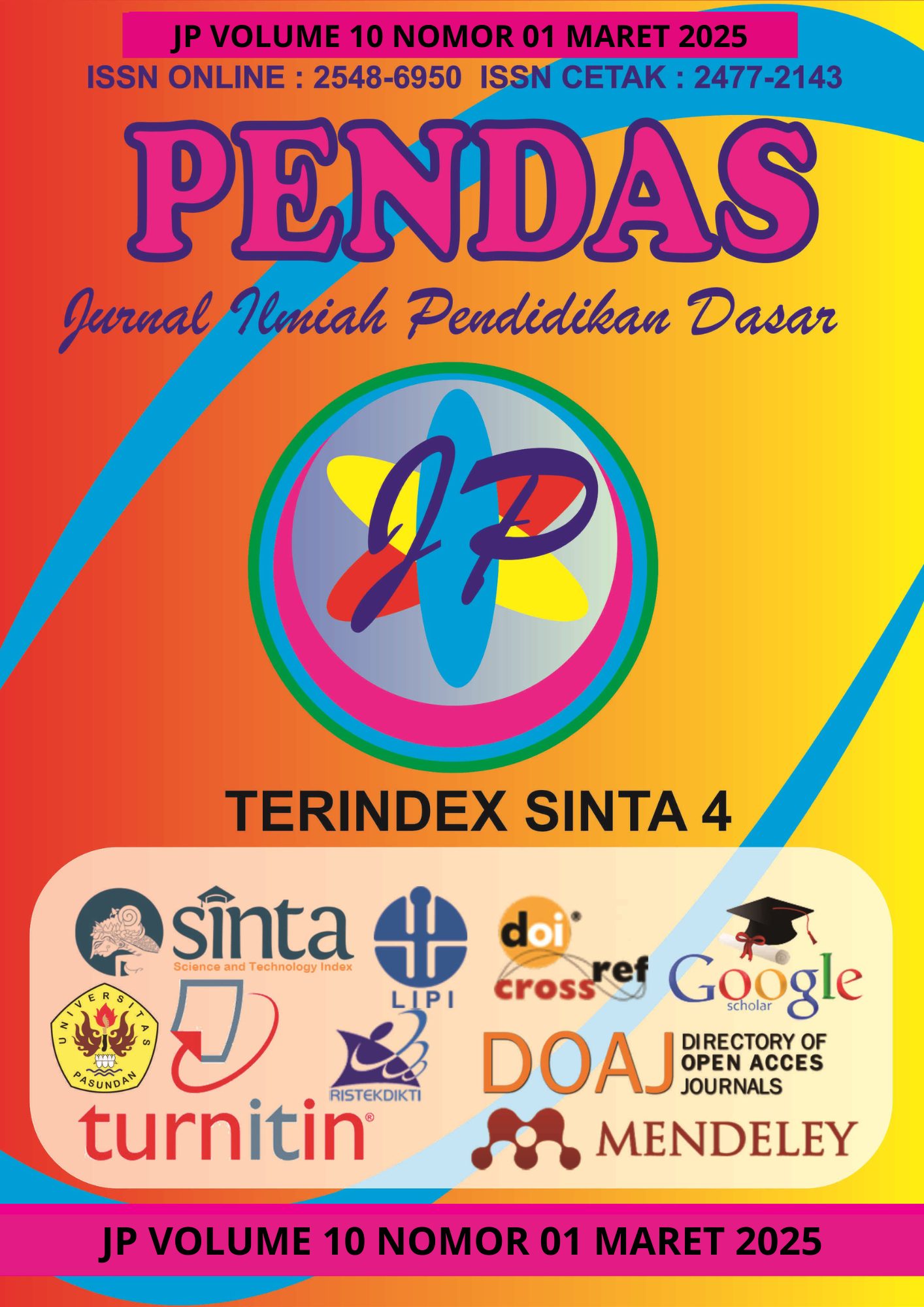DAMPAK GAME ONLINE TERHADAP KONSENTRASI DAN HASIL BELAJAR SISWA DI KELAS
DOI:
https://doi.org/10.23969/jp.v10i01.22068Keywords:
online games, concentration, academic performance, students, educationAbstract
The rapid advancement of digital technology has led to the rise of online gaming, which has significantly affected various aspects of daily life, including education. This study aims to analyze the impact of online games on students' concentration and academic performance in the classroom. Online games can have both positive and negative effects on students. On the positive side, certain games are designed to enhance cognitive skills, such as critical thinking, strategy, and teamwork. However, the negative effects are more pronounced in students who become addicted to online gaming. Excessive time spent playing games can interfere with study time, reduce concentration in class, and hinder academic achievement. Students who frequently play online games tend to be more easily distracted, struggle to maintain focus, and become disengaged during lessons. Research findings indicate a significant negative correlation between the amount of time spent playing online games and academic performance. Students who spend longer hours gaming tend to have lower academic scores compared to those who game less. Therefore, it is crucial for schools and parents to monitor online game usage and set appropriate time limits to prevent it from disrupting effective learning.
Downloads
References
Andriani, H. (2019). Psikologi Pendidikan: Teori dan Praktik dalam Pendidikan di Indonesia. Jakarta: Penerbit Pendidikan Indonesia.
Santoso, D. (2021). Pengaruh Teknologi terhadap Perkembangan Kognitif Siswa. Yogyakarta: Penerbit Belajar.
Ramadhani, A., & Akbar, M. (2020). Dampak Durasi Bermain Game Online terhadap Konsentrasi Siswa di Sekolah Menengah. Jurnal Psikologi Pendidikan, 18(2), 142-150. https://doi.org/10.1234/jpp.2020.1822
Sari, R., & Fadhilah, N. (2018). Pengaruh Penggunaan Game Online terhadap Hasil Belajar Siswa. Jurnal Pendidikan dan Teknologi, 14(1), 55-63. https://doi.org/10.5678/jpt.2018.14110
Jurnal:
Nugroho, P., & Susanti, L. (2022). Game Edukatif sebagai Sarana Pembelajaran di Era Digital: Sebuah Perspektif. Jurnal Pendidikan Digital, 9(3), 89-98. https://doi.org/10.7890/jpd.2022.0937
Supriyanto, E., & Wijayanti, I. (2020). Pengaruh Waktu Bermain Game terhadap Hasil Belajar Siswa: Studi Kasus di Kota Jakarta. Jurnal Penelitian Pendidikan Indonesia, 22(4), 203-212. https://doi.org/10.1016/jjppi.2020.1126
Agustin, M, & Syaodih. (2008).Bimbi-ngan konseling untuk anak usia dini. Jakarta: Universitas Terbuka.
Brabender, V., & Fallon, A. (2009). Group development in practice: guidance for clinicians and researchers on stages and dynamics of change. Washington, DC: American Psychological Association.
Lyznicki, J. M., Young, D. C., Riggs, J. A., Davis, R. M., & Dickinson, B. D. (2001). Obesity: Assessment and management in primary care. American Family Physician, 63(11), 2185-2196.
Downloads
Published
Issue
Section
License
Copyright (c) 2025 Pendas : Jurnal Ilmiah Pendidikan Dasar

This work is licensed under a Creative Commons Attribution 4.0 International License.



















